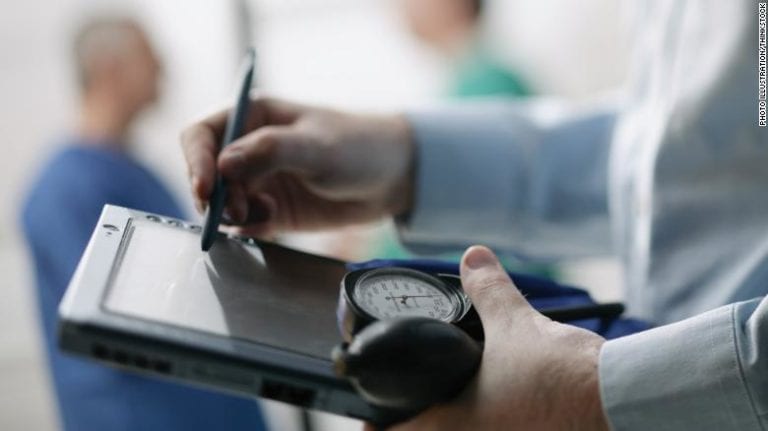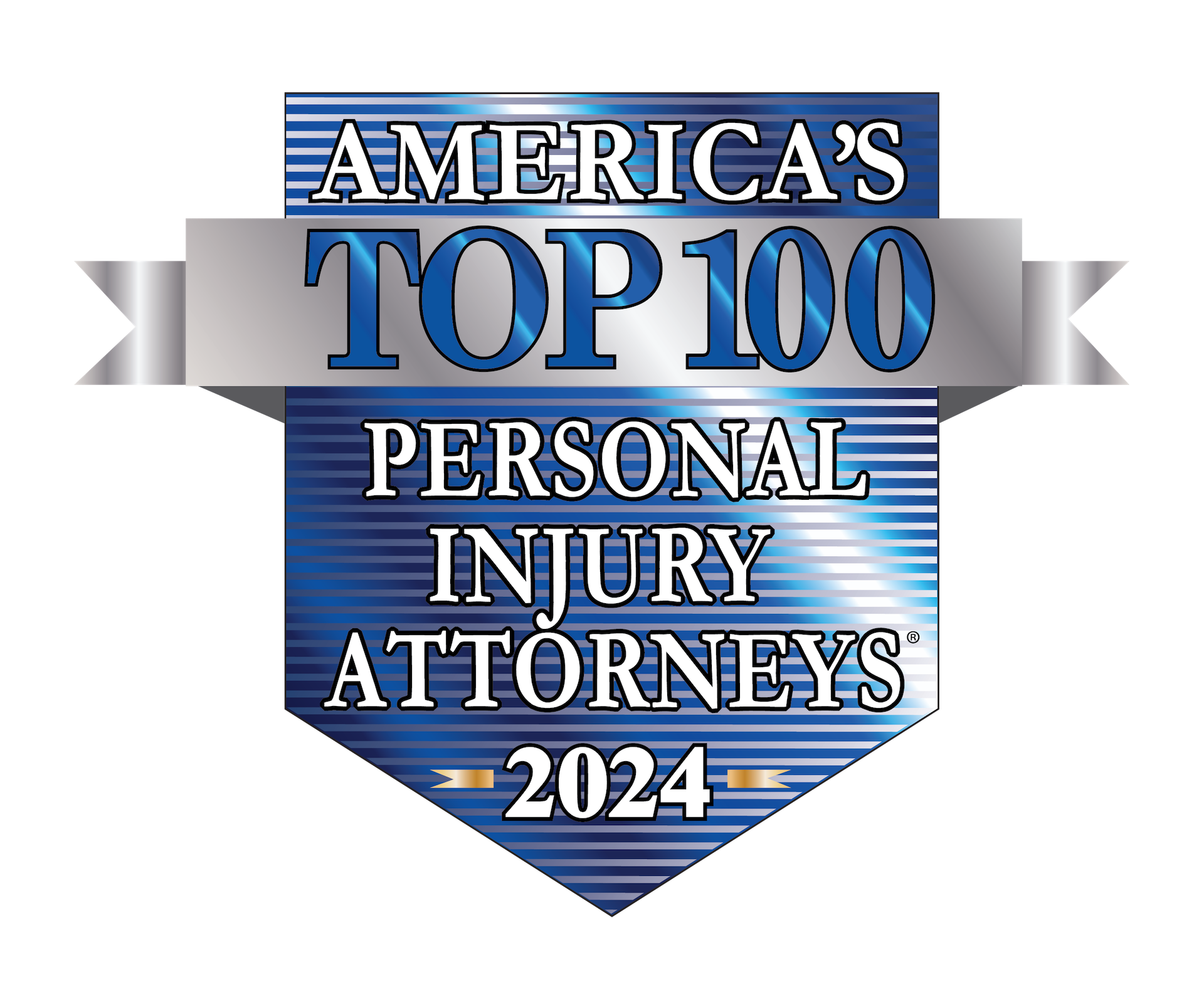Medical record errors can be dangerous, even deadly! What’s so big about a small mistake in a medical record? It turns out, little errors can lead to huge problems.
Why Do You Need to Have Access to Your Medical Records?
Why is it so important to have access to your medical records, and to pay close attention to what is contained in them?
Here’s a scary statistic: “The Office of the National Coordinator for Health Information Technology estimates that nearly 1 in 10 people who access records online end up requesting that they be corrected for a variety of reasons.”
The best-case scenarios are those in which the errors don’t actually cause any damage, like incorrect contact information for a patient, causing bills to be sent to the wrong address. Your family history may not be conveyed accurately, or maybe the records reflect a service a patient never received, for example, a stress test.
The worst-case scenario is an incorrect diagnosis or a delayed diagnosis which could result in death.
“Omissions from medical records – allergies that aren’t noted, lab results that aren’t recorded, medications that aren’t listed – can be equally devastating.” (KFFHealthNews.org)
Medical Record Errors – Actual Cases
Believe it or not, small errors in medical records can lead to huge health problems. Following are several real-life examples of what can potentially happen if you don’t retrieve and check your medical records:
Liz Tidyman’s elderly father had a fall and went to the hospital. Tidyman began looking at her father’s medical records and found “pages and pages of notes that referred to a different person with the same name – a person whose medical conditions were much more complicated and numerous than my father’s,” she said. (CNN Health)
Ms. Tidyman removed the pages with the errors and made a mental note to thoroughly check medical records in the future.
Later, her father’s doctors started asking about kidney cancer. Tidyman reviewed the records from her father’s recent ER visit and noticed that “renal cell carcinoma” (kidney cancer) was listed instead of “basal cell carcinoma” (skin cancer) – an illness her father had mentioned when explaining his medical history.
In another case, Pat Sheridan had surgery to remove a mass in his neck. The neurosurgeon reassured him that the tumor was benign, although he had yet to see the pathology report. In actuality, the pathology report showed he had synovial cell sarcoma (a type of cancer).
Six months later, Pat returned to the hospital in distress. The pathology omission was discovered at this time, but it was too late. The cancer had metastasized to his spinal canal, and he died 2 ½ years later. Pat’s death probably could have been prevented, if not for the delayed diagnosis.
In another instance, Dave deBronkart’s mother had to go for rehabilitation after a hip replacement. The records that accompanied her showed that she had an underactive thyroid when in fact she had an overactive thyroid. Thankfully, her family noticed the mistake and set the record straight to prevent her from being given the wrong medications.
It’s easy to see what kind of problems medical record errors like this can cause.
How to Retrieve Medical Records
The Health Insurance Portability and Accounting Act (HIPAA) of 1996 states that a patient has the right to obtain most of his/her medical records, in either electronic or paper form. (VeryWellHealth.com)
“These include doctor’s notes, medical test results, lab reports, and billing information.” (VeryWellHealth.com)
Ask for a request for medical records form at your doctor’s office. They should provide you with a form. Fill it out and return it back there, or deliver by fax, postal service, or email.
HIPAA requires, “… a covered entity must provide access to the [Protected Health Information] PHI no later than 30 calendar days from receiving the individual’s request.”
Keep a copy of your original request. If you have not received the documents within the 30 days, contact the provider, to be sure they have your request. If you fail to receive the records after repeated attempts, contact The SC Department of Health and Environmental Control at 803-898-DHEC (3432).
How Long Are Physicians Required to Keep Medical Records?
South Code of Law Section 44-115-120 states, “Physicians shall retain their records for at least ten years for adult patients and at least thirteen years for minors.”
Can Your Doctor Charge You for Medical Records?
Sometimes there is a charge for medical records. Price can vary but must be reasonable. In The Palmetto State, South Carolina Code of Laws Section 44-115-80 states that a physician, “may charge a fee for the search and duplication of a paper or electronic medical record,” up to a maximum amount allowed by this law.
Electronic Health Record System
What is an Electronic Health Record (EHR) system? Imagine a huge digital library that stores all the info about your health – like your doctor’s visits, any allergies you have, the medicines you take, and even the results from your last physical. EHRs are like a one-stop shop for doctors and nurses to find everything they need to know about your health. They’re useful because they make sharing your health information between different doctors a breeze.
Benefits:
- Quick Access – Doctors can quickly get your health info.
- Better Coordination – Different doctors can coordinate your care more easily.
- Less Paperwork – Say goodbye to filling out the same forms over and over!
Challenges:
- Possible Errors – Sometimes, mistakes in typing or uploading info can happen.
- Technical Issues – Like any computer system, EHRs can have glitches or crashes.
What to do if You Find a Mistake
“Most providers will agree to correct factual errors or track down reports that should have been maintained in your file…if you believe that that the refusal of a correction is unjust or places you in harm’s way, submit a complaint to the OCR [Office of Civil Rights] detailing the dispute. They can review the evidence and decide if the correction is warranted.” (VeryWellHealth)
In the world of health care, accurate medical records are like gold. They help doctors take better care of us. But it’s up to us to make sure they’re correct. Always remember to check your records and speak up if you find an error.
Contact The Law Offices of David L. Hood for a Free Medical Malpractice Consultation
If you or someone you care about has suffered because of medical negligence, please schedule your free consultation by calling the Law Offices of David L. Hood at (843) 491-6025 or filling out our brief online contact form.
We know how difficult it can be to deal with the immediate and long-term effects of a serious malpractice-related injury. At The Law Offices of David L. Hood, we work hard to make things simple for you. After a free case evaluation, if we believe we can help you and your family, Medical Malpractice Attorney David L. Hood, co-counsel, and our team of experts will vigorously pursue your case to get you the best result we can achieve. Let us put years of experience to work for you!
*Clients are not liable for any expenses, unless there is a recovery in their case; however, if there is a recovery in their case, clients will be liable for expenses. Attorney’s fees are based on a percentage of the recovery, which will be computed before deducting expenses.
Other helpful resources:
Your medical records rights in South Carolina (HIPAA): https://cyrss.com/docs/hipaa/StateHIP/sc.pdf
The Guide to Getting & Using Your Health Records:
https://www.healthit.gov/how-to-get-your-health-record/check-it/





